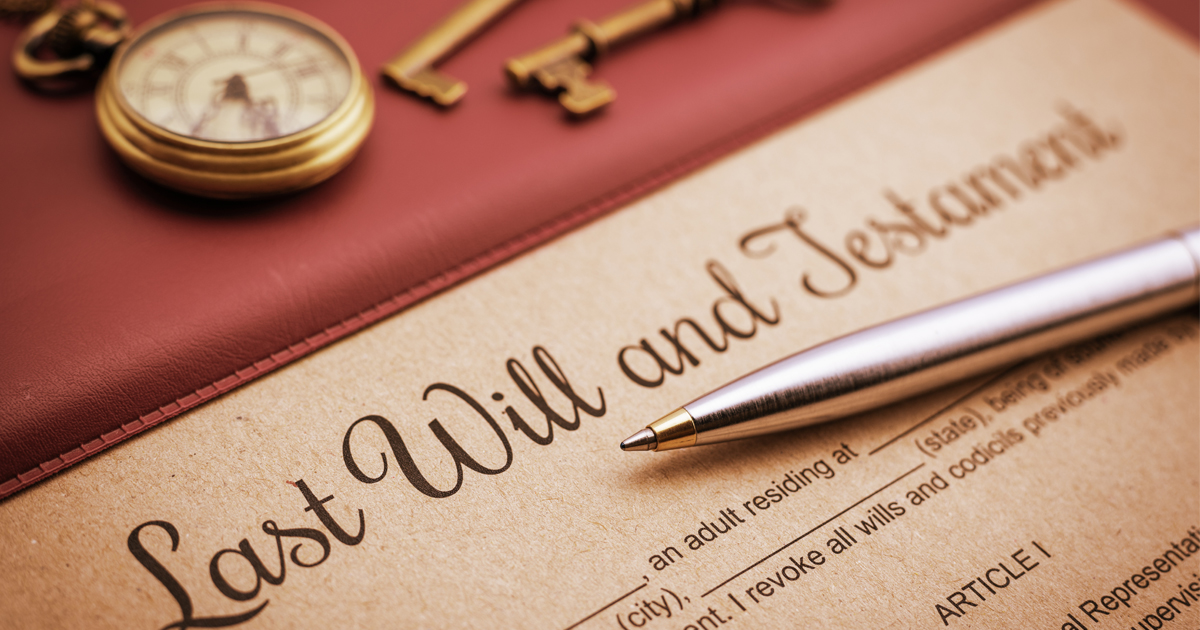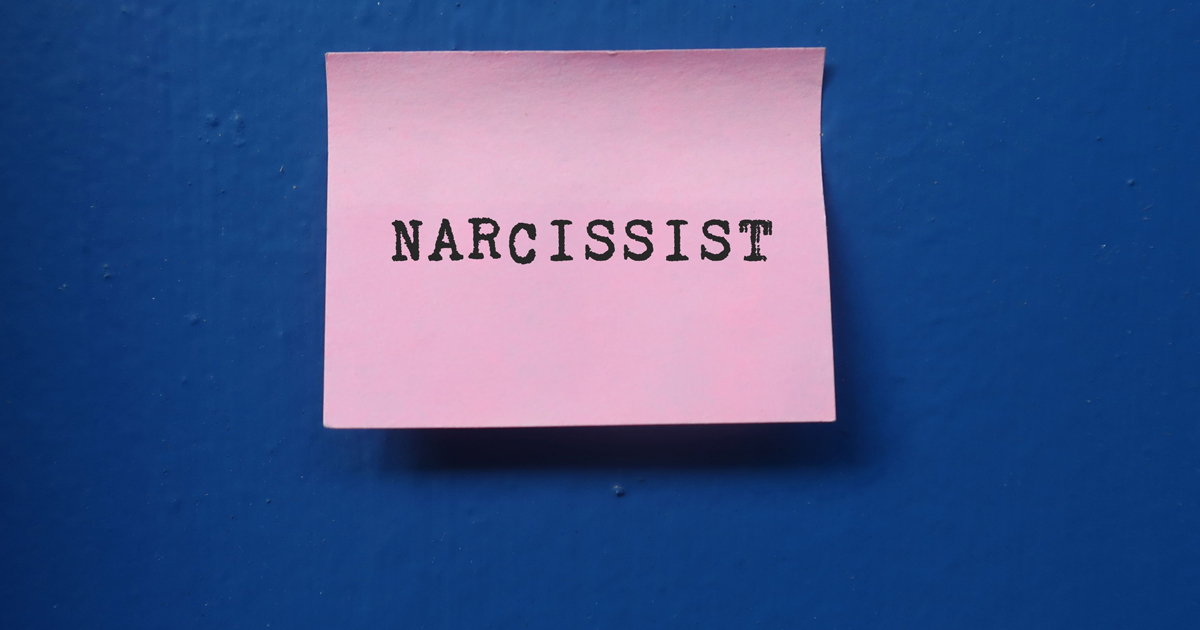Making a Will and Why Everyone should make one. Click here to download pdf.
Home Why Everyone Should have a Will by Ms. Gloria James
Quick Search
SHARE
Home Why Everyone Should have a Will by Ms. Gloria James

Making a Will and Why Everyone should make one. Click here to download pdf.











